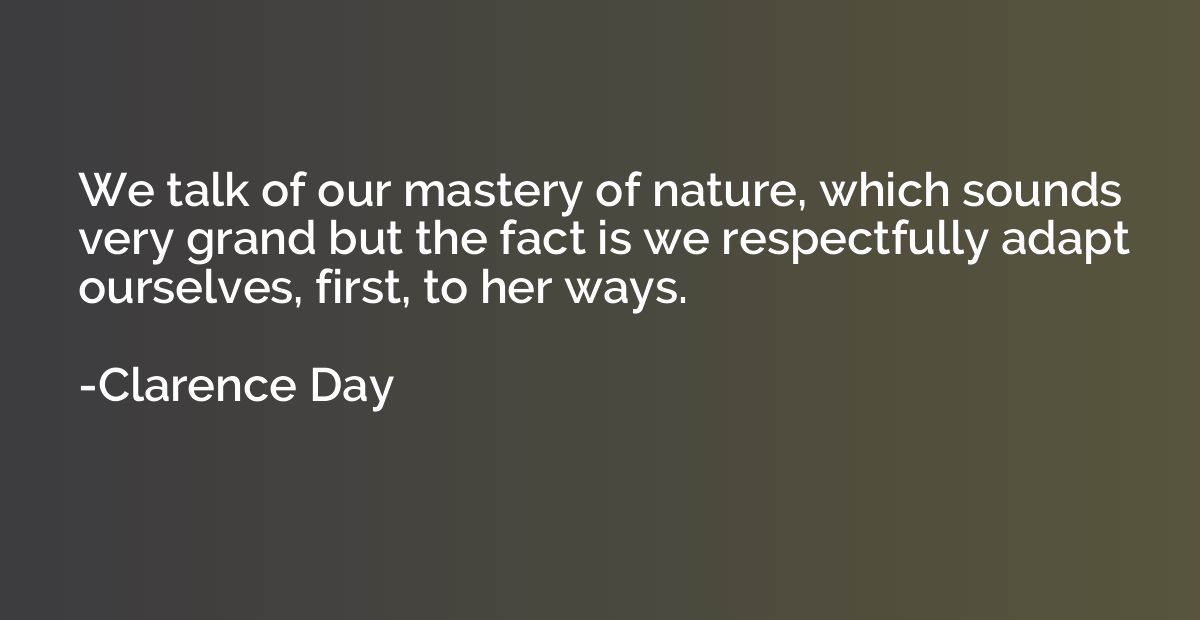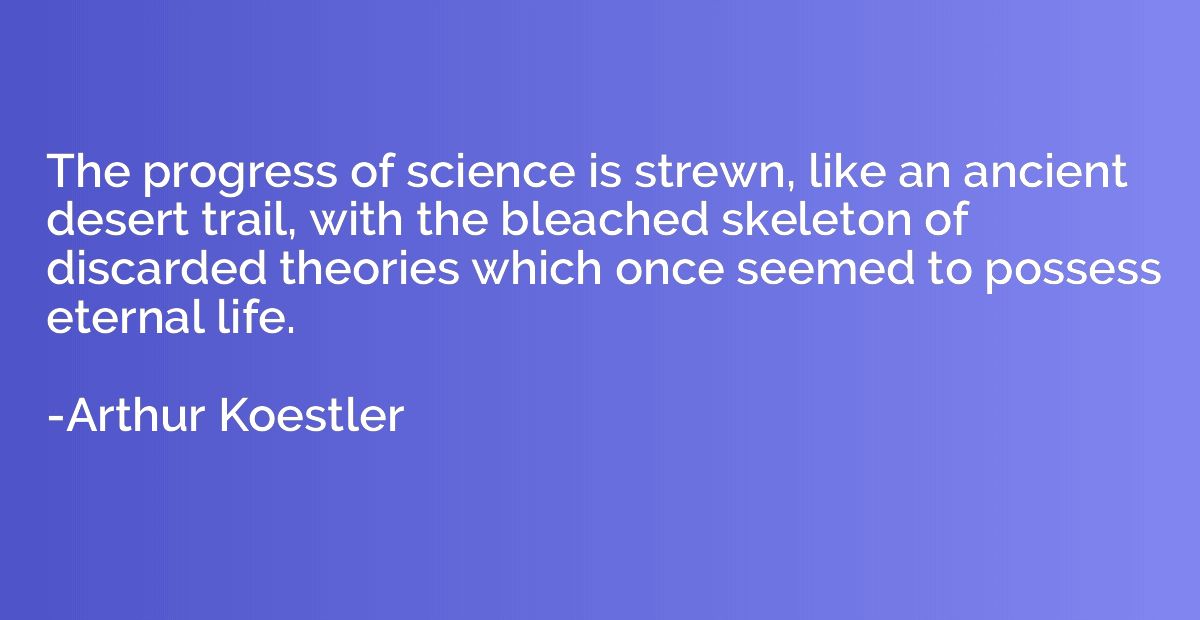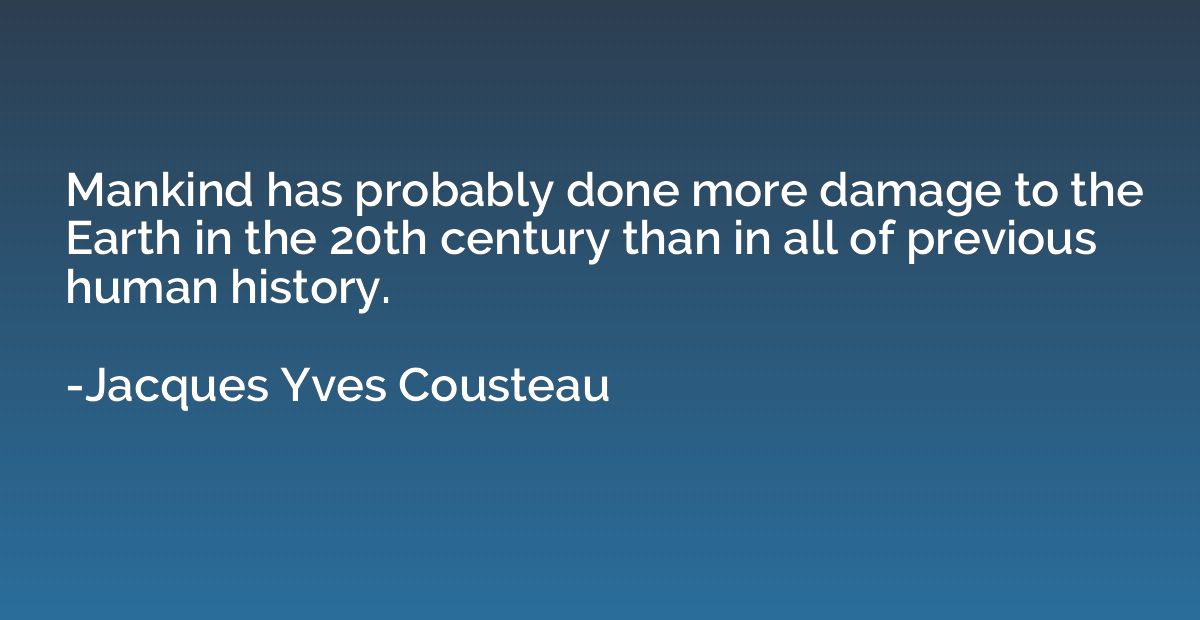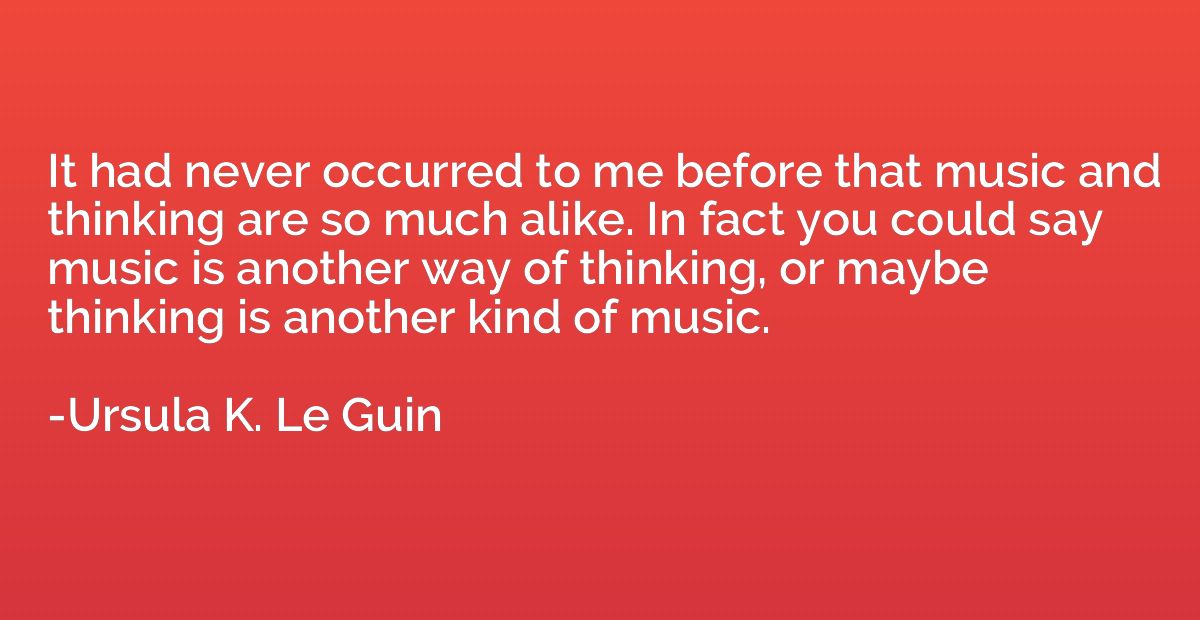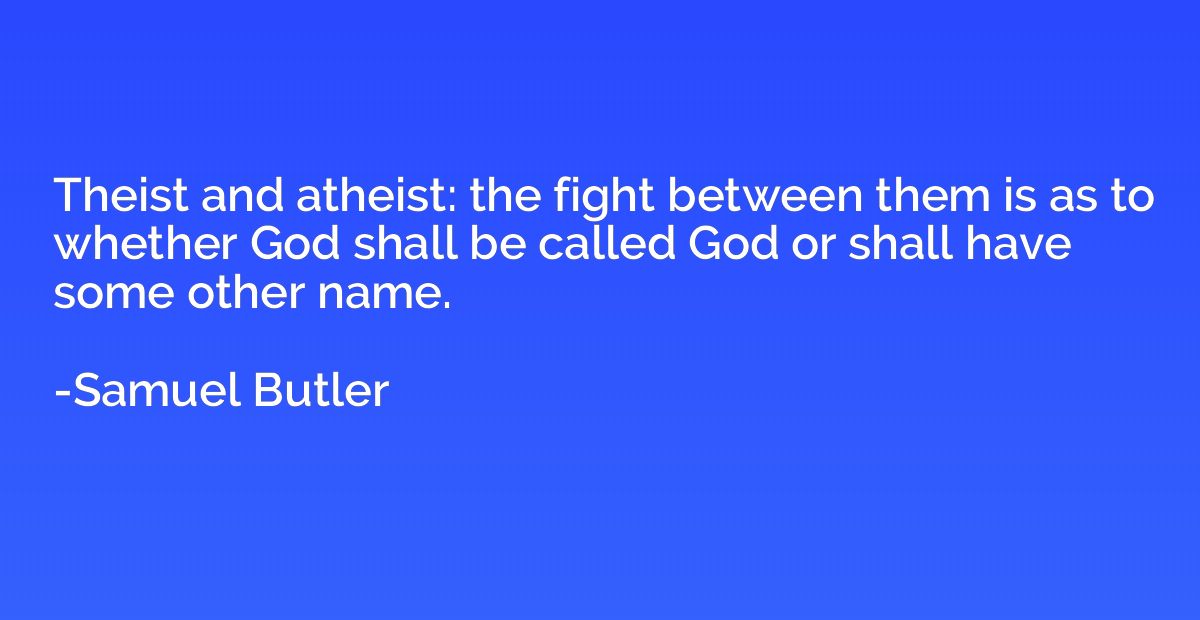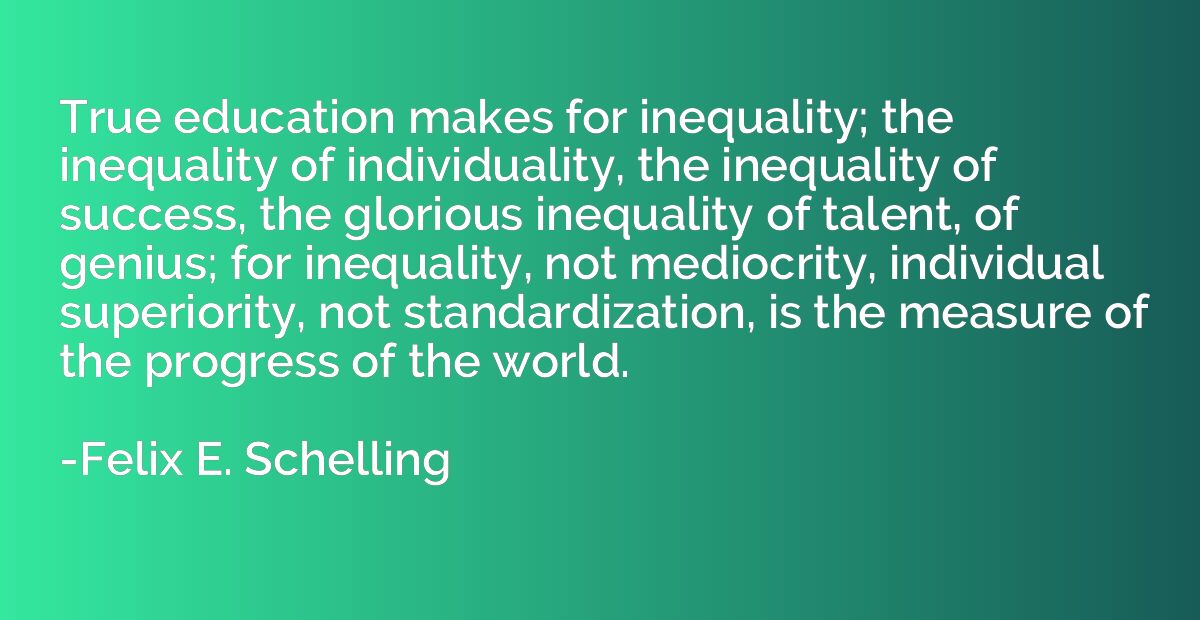Quote by Victor Hugo
Civil war... What did the words mean? Was there any such thing as 'foreign war'? Was not all warfare between men warfare between brothers? Wars could only be defined by their aims. There were no 'foreign' or 'civil' wars, only wars that were just or unjust. Until the great universal concord could be arrived at, warfare, at least when it was the battle between the urgent future and the dragging past, might be unavoidable. How could such a war be condemned? War is not shameful, nor the sword-thrust a stab in the back, except when it serves to kill right and progress, reason, civilization, and truth. When this is war's purpose it maeks no difference whether it is civil or foreign war - it is a crime. Outside the sacred cause for justice, what grounds has one kind of war for denigrating another? By what right does the sword of Washington despise the pike of Camille Desmoulins? Which is the greater - Leonidas fighting the foreign enemy or Timoleon slaying the tyrant who was his brother? One was a defender, the other a liberator. Are we to condemn every resort to arms that takes place within the citadel, without concerning ourselves with its aim?
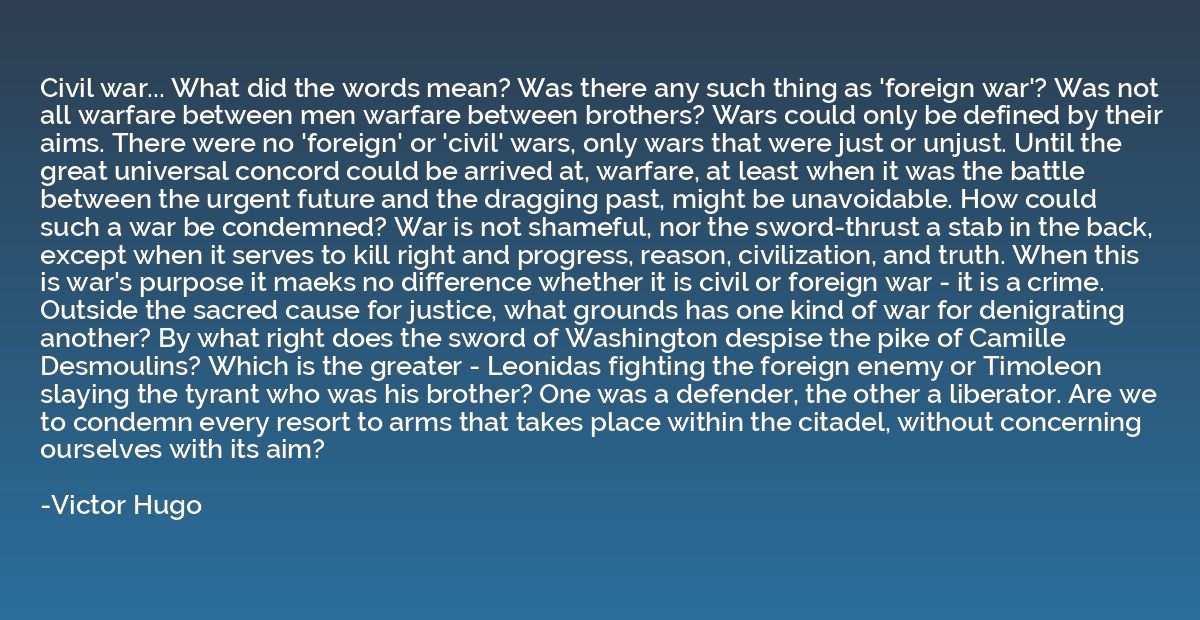
Summary
This quote reflects on the nature of war, questioning the distinction between "foreign" and "civil" wars. It suggests that wars should not be categorized based on geographic boundaries but on the justness or unjustness of their aims. The author argues that warfare is only shameful when it serves to hinder progress, reason, civilization, and truth. Therefore, the label of a war being "civil" or "foreign" is irrelevant in determining its morality. The quote provokes the reader to consider the purpose and justification behind each war, rather than condemning or favoring wars based on their categorization.
Topics
War
By Victor Hugo





